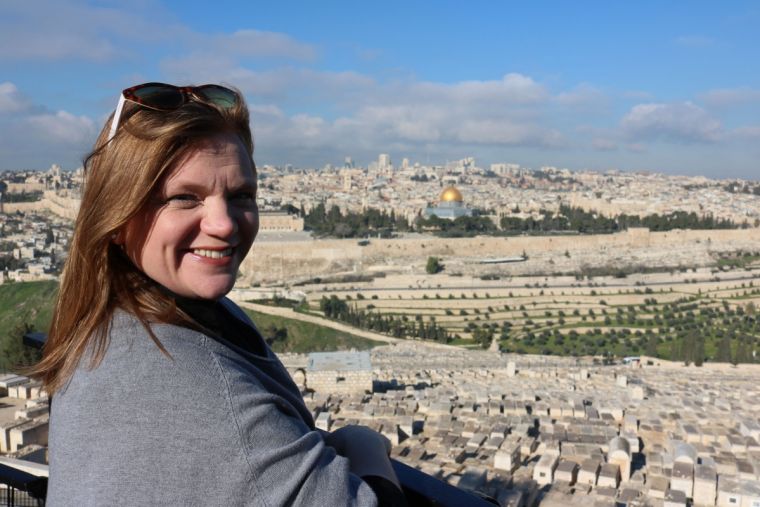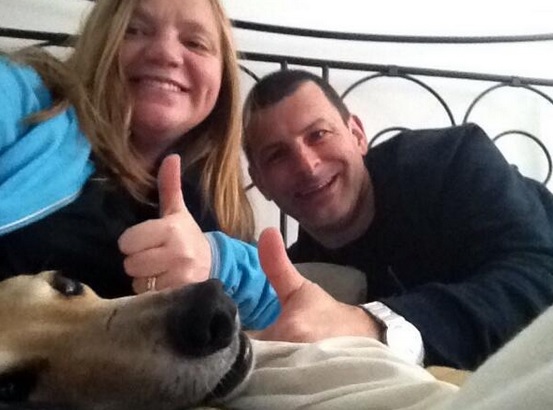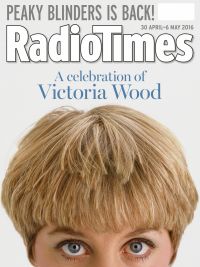Gogglebox vicar says TV is better than sermons at getting people talking about God

TV vicar Kate Bottley has suggested that her appearances on Gogglebox might be more effective at evangelisation than the traditional Sunday sermon.
Bottley told the Radio Times: "I've had more conversations about what faith might mean as a result of being the vicar on Gogglebox than I ever have about any of my Sunday sermons. Which come to think of it might say something about my Sunday sermons."
She said that good television, like good radio, offers a reflection of the human story, and part of the human story is faith, religion and belief.
"And whether you describe yourself as belonging to a religion, having sympathy for faith or belonging to no faith, it is still part of our national and global conversation," she added.
While overtly religious programming on television has its place, there is also something to be said for "religious broadcasting" by stealth, she added. "That's not to say we need to sneak faith in, but the gear change from the secular to the faith need not be obvious."
As a vicar, she said, there are some parts of her week that are classified as the "religious bit", such as Sunday mornings. "But my faith doesn't begin and end at the church door, it is carried with me in the day to day."

She cited this year's Sandford St Martin Awards for religious broadcasting. In the Radio Times shortlist, there are religious programmes, such as David Suchet's documentary In the Footsteps of St Peter and the drama The Ark.

Bottley added: "You might be surprised to see Call the Midwife; after all, the fact it has nuns in it doesn't mean it's religious broadcasting. But it deals with birth and death and the roles of men and women in a fast-changing world – what could be more part of the human story than that?"
She notes that the Sandford judges recently came under fire for considering for a separate award an interview Stephen Fry gave about his atheism, in which he called God an "evil, capricious, monstrous maniac".
Bottley said: "I believe that good religious broadcasting often doesn't feel religious at all, because religion isn't just the 'God slot', the science bit in the shampoo commercial. It's about the stuff of life, what makes us human and what makes us tick."











